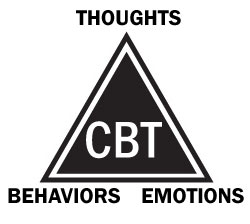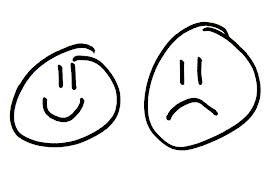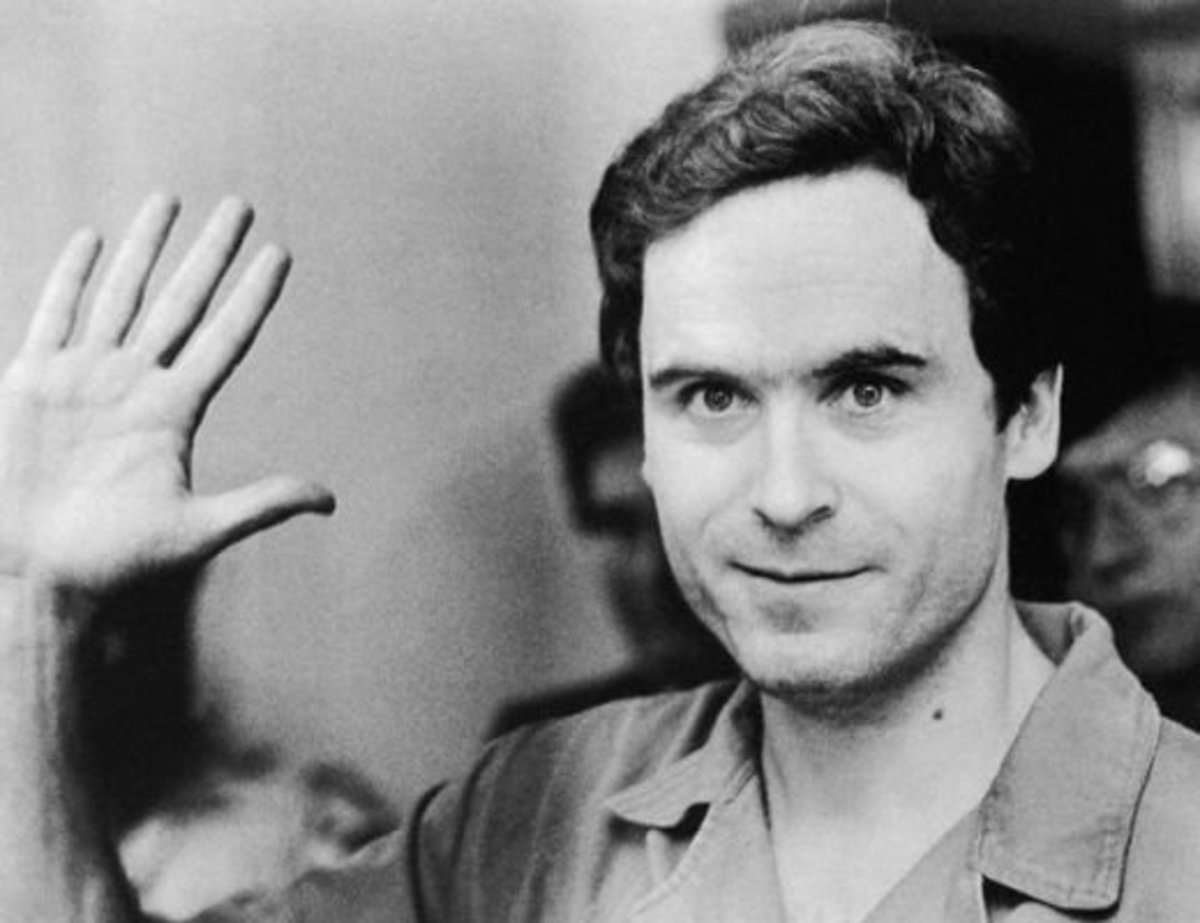Cognitive Explanations And Therapies For Depression

An Overview Of The Cognitive Approach To Depression
There are several suggestions by various psychologists for cognitive explanations of depression. One such suggestion is that off Aaron Beck (1967) who believed that depressed individuals feel as they do because their thinking is biased towards negativity and negative interpretations of the world.
Beck proposed a model of depression called the negative triad which is where an individual maintains a negative view of the world, themselves and their future.Beck suggested that two things contribute to the negative triad model and these are:
Negative schemas: If, as a child, someone experiences things such as peer/parental rejection or criticisms from teachers this will cause a person to adopt a negative schema of the world when they are older. These negative schemas will then be activated whenever they encounter an experience in their life that is similar to the experiences in which they developed the schema (i.e. rejection or criticisms).
Cognitive bias: Whereby a person who has negative schemas of the world will tend to make sweeping conclusions regarding self worth when they receive a small piece of negative feedback.
Another explanation within the cognitive approach to depression was proposed by Seligman (1975) who suggested that when a person tries (and fails) to control unpleasant experiences in their life then they may 'learn' depression. If this occurs more than once it may then cause the person to feel as if they do not have control over their life and they will become depressed.
This is called learned helplessness and may cause the person to not try to have control over stressful situations in their life that could be controlled because they have experienced loss of control in the past. This feeling of no control and helplessness is a characteristic of the depression of many individuals.


Cognitive-Behavioural Therapy (CBT)
CBT was originally developed by Psychiatrist Aaron Beck (who also proposed the negative triad model I mentioned before). The therapy involves addressing an individual's dysfunctional emotions and maladaptive behaviours/thoughts/beliefs. CBT usually lasts between 15-20 sessions and focuses on current problems that the individual is facing.
The two main parts to CBT are:
- Thought catching
This is where the patient is often asked to take a note of any events that cause negative emotional arousal and then try to establish the link between the event and their negative feeling and then challenge these negative thoughts with realistic thoughts.
For example if someone overhears a couple of people in their office talking the person may assume they are talking about them. They would then be asked to question that link for example 'why would they be talking about me?' and then replace the initial negative thought with a positive one.
- Behavioural activation
A very common symptom/characteristic of depression is that the depressed individual often gives up activities they previously enjoyed. The behavioural activation phase of CBT encourages the person to take up activities that they would enjoy and gain a sense of reward from doing so, thus having more positive emotions and feelings.

Studies That Support CBT
- A meta-analysis conducted by Robinson et al compared the effectiveness of CBT to control groups that were receiving no treatment for their depression. It was concluded that CBT was effective and did alleviate the symptoms of depression in some individuals.
- Bryant et al concluded that therapists that manage to improve how engaged the patient is with regards to their 'homework' (homework includes taking note of experiences that cause negative emotions) are more likely to have more benefits and a better outcome after the therapy has ended.
- March et al conducted a study into the effectiveness of CBT at preventing a person from having suicidal thoughts. It was found that the percentage of the people having suicidal thoughts before receiving CBT was 30% which then dropped to 6% after the patients had finished the therapy.
Studies That Oppose CBT
- Kuyken and Tsivrikos (2000) suggested that therapist competence plays a big role in the effectiveness of CBT and that as much as 15% of the variance in the outcome may be due to how competent the therapist doing the CBT is.
- Simons et al concluded that CBT is only effective in people who have negative thoughts that are not caused by a realistic stressor. However, if the person is having negative thoughts because they actually have large stressful events in their lives then CBT is not effective.







